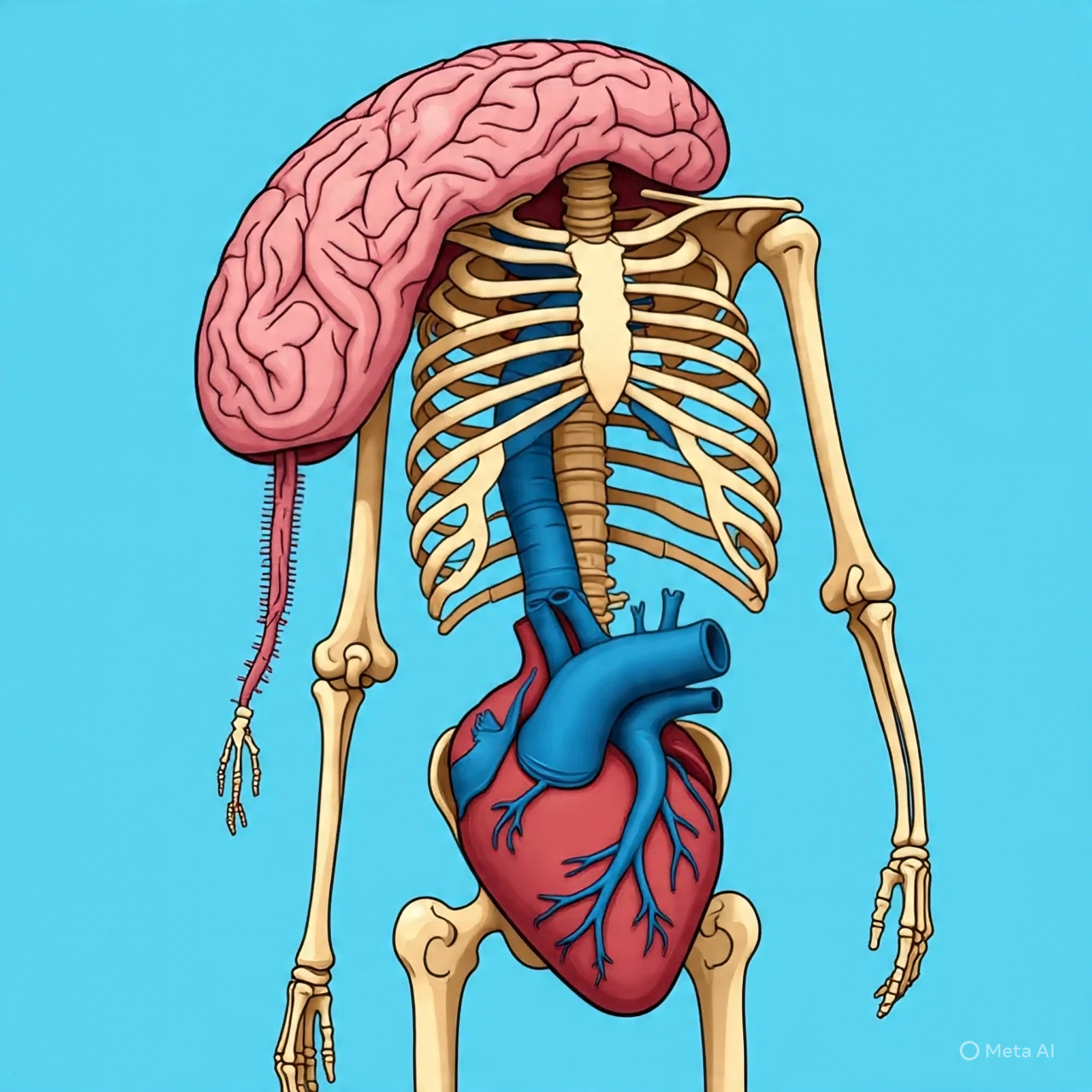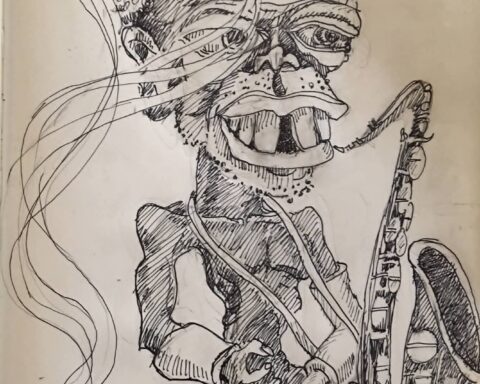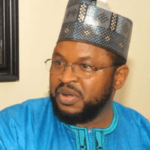By Dr. Charles Obiajulu Ugwu
There has been, of late, a rising clamour for a deeper diagnosis of Nigeria’s enduring paralysis in the form of an awareness, even among its most loyal optimists, that the country’s failures can no longer be treated as management problems or moral deficiencies. The usual explanations around corruption, bad leadership, incompetence have become ritual recitations that hide more than they reveal. After every election, policy, or scandal, the same language is deployed, and the same cycle resumes. What this nation refuses to confront is that its dysfunction is not episodic but systemic, not moral alone but structural. The crisis of governance in Nigeria is not merely a failure of will; it is a failure of formation.
We are a country attempting to fix potholes on a road that was never surveyed. The state’s foundations were never laid on consensus or cohesion but on expedience. Nigeria did not emerge through a shared vision of destiny rather it was fused by decree and sustained by inertia. What we have long called “unity” is more accurately a fragile truce maintained by exhaustion and self-interest. The tragedy is that we have normalized this condition as heritage, not pathology. The idea of Nigeria as a coherent nation has become a faith we perform, not a truth we inhabit.
The British may have drawn the map, but it is Nigerians who have, decade after decade, refused to redraw their inner boundaries. The result is a political organism that expends its energy negotiating coexistence rather than pursuing progress. Every institution including the civil service, the security architecture, the revenue allocation system has evolved to mediate suspicion, not to produce efficiency. Federal character, zoning, and quota systems are treated as instruments of fairness, yet they function as substitutes for trust. In such a climate, competence is perceived as threat, and reform becomes treason. The inertia engine thus begins with the deepest fracture of all: a state that lacks emotional legitimacy, a citizenship held together by documents and flags but divided in imagination.
From this misfit body springs the politics of delay. In Nigeria, delay is not accidental; it is survival strategy. Because there is no shared urgency, no common definition of progress, procrastination becomes the lingua franca of power. Ministries and agencies exist in perpetual motion without arrival, meetings upon meetings, committees upon committees, reforms announced but never implemented. The bureaucracy’s genius lies not in delivery but in deferral. Each postponed decision creates room for negotiation, rent, and reprieve. The longer the wait, the richer the middlemen.
Consider the fate of the Petroleum Industry Act, debated for two decades before partial implementation. By the time it became law, the energy landscape had changed beyond recognition. Or the endless “revitalisation” of public universities: strikes, agreements, and committees that produce neither stability nor excellence. Delay, in our political culture, is not inefficiency; it is a mechanism for extraction. In a fragmented polity, deferral buys peace. Motion substitutes for meaning.
And so the rentier machine thrives. This is not merely about oil or subsidy. It is about the deeper psychology of an elite that has learned to convert public crisis into private gain. The 2023 fuel-subsidy removal revealed not reform but redistribution of the migration of rent from one network to another. Every shock becomes an opportunity to recreate privilege. The political class has mastered the art of extracting legitimacy from managing scarcity. They preside over dysfunctions not to fix them, but to own them.
In such a system, national revenue is not a tool of development but a lubricant for patronage. Budgets are political manuscripts, not economic blueprints. The real economy made up of the farmer, the artisan, the small manufacturer, functions despite the state, not because of it. The latest data show inflation galloping beyond 30 percent and food insecurity at unprecedented levels, yet official energy remains devoted to palliative committees and televised empathy. The rentier instinct endures because the state’s fundamental logic is distributive, not productive. It was designed to share, not to create.
Beneath this sits an even more corrosive deficit: epistemic exile, the banishment of knowledge from governance. Nigeria has turned thinking into an act of rebellion. Our universities, once fountains of imagination, are now graveyards of bureaucracy. Research funding is erratic; innovation policy is a PowerPoint ritual. The best minds emigrate, not merely for income but for dignity. Those who remain learn to survive by muting their curiosity. The result is a state that governs by imitation through copying foreign models, adopting donor scripts, parroting buzzwords it neither understands nor intends to implement. The national vocabulary is full of “frameworks” and “strategies” that die between drafting and delivery.
It is telling that in public discourse, intellectuals are treated as nuisances, not assets. The political economy rewards loyalty and improvisation, not design and depth. When knowledge ceases to be currency, governance becomes superstition and an endless repetition of slogans without systems. This, too, is a legacy of the foundational fracture. A country unsure of its identity cannot sustain a coherent epistemic project. It consumes experts the way it consumes infrastructure using them until they collapse, then blaming them for breaking.
To fill the vacuum of thought, religion rushes in not as moral compass but as anaesthetic. Faith becomes the new constitution. In the absence of trust in the state, Nigerians turn to pulpits and prayer houses for order, meaning, and metaphysics. Religion could have been the moral spine of civic life; instead, it has become a theatre of compensation. Pastors and imams, desperate to remain relevant to their flocks, sanctify endurance rather than justice. The moral authority that once belonged to prophets now belongs to motivational speakers. And since the ruling elite fund and court these clerics, faith becomes fused with patronage. The sermon evolves into a soothing device: “Be patient, your blessing is near,” even as systems collapse around the faithful.
What this achieves is social sedation. The righteous anger that should fuel reform is sublimated into individual hope. The citizen no longer expects accountability, only miracle. Thus religion, which should awaken conscience, often deepens inertia. It grants the state moral immunity.
The final force in this web is the culture of civic cynicism, the quiet withdrawal of the governed from belief in governance. After decades of disappointment, Nigerians have perfected the art of expectation management. They vote without faith, protest without hope, and survive without illusion. Cynicism has become civic philosophy. It is how the public manages heartbreak. Yet this cynicism, though understandable, has become the most potent fuel of the inertia engine. When citizens cease to demand, elites cease to fear.
Series of Surveys now show historically low trust in institutions, and an unprecedented number of young Nigerians seeking to emigrate. The “japa” movement is not merely economic flight; it is a referendum on belonging. It signals that many no longer believe the Nigerian experiment is redeemable in their lifetime. In such a moral climate, even reformers grow weary, calculating that integrity is more expensive than compromise. The result is a self-stabilizing dysfunction in a republic that endures not because it works, but because everyone has adapted to its failure.
But beneath these interlocking dreads lies the oldest wound, the unresolved question of who we are to one another. We have never defined the moral boundaries of belonging. The North and South, the Christian and Muslim, the minority and majority, coexist in a transactional peace. Federalism is treated as charity, not choice. The very idea of “national interest” is incoherent because there is no shared moral compass to define it. We live, to borrow Achebe’s haunting phrase, in “a house of many mansions” where the landlords mistrust one another.
This structural dissonance explains why every reform collapses under its own contradictions. A country divided at its spiritual core cannot sustain policy coherence. Our political structure is an awkward federation of wounded memories each region measuring justice by what it extracts. Even the civil service reflects this psychogeography of suspicion. Recruitment, promotion, and representation are calibrated along ethnic lines rather than excellence. The system fears merit because merit destabilizes the fragile arithmetic of inclusion.
So the country survives through improvisation, not design. It lurches from crisis to crisis, patching over fractures with palliatives and propaganda. And yet, paradoxically, it does not collapse. That is the genius of the inertia engine: it keeps the republic alive just enough to prevent rebirth. It feeds on dysfunction, metabolizing chaos into continuity. Nigeria’s tragedy is not that it is dying, but that it refuses to die enough to be reborn.
Still, every system, no matter how entrenched, carries within it the seed of its own exhaustion. The fuel of this engine is moral apathy, and that fuel is running low. The young no longer believe in the myths that sustained their parents. Digital networks have exposed the mediocrity of leadership and the audacity of global possibilities. The civic silence is cracking. But cracks are not transformation. The task before Nigeria’s leaders is not cosmetic reform but ontological courage which is the willingness to ask whether the current architecture of coexistence is viable, and if not, to imagine a new covenant that makes it so.
To govern Nigeria without revisiting its foundation is to administer painkillers to a patient with a fractured spine. We must rebuild the grammar of nationhood before we can reform the machinery of governance. That means cultivating truth as policy, trust as infrastructure, and justice as the organizing principle of federal life. It means designing institutions that reward competence, not kinship; speed, not delay; creation, not rent; and conscience, not compliance.
But this, I know, is the hardest demand to make of a political class trained in survival, not stewardship. So let me say it without ornament: no amount of strategy can save a nation that refuses self-interrogation. Until Nigeria answers the question of what it truly is a nation, a federation, or a negotiation, the inertia engine will continue to run, devouring dreams and disguising decay as endurance.
I write this not as a cynic but as one who still believes in the latent grandeur of this place, the human warmth that outlives every disappointment, the ingenuity that builds even in the ruins. But belief is not enough. The time for pretending that our ailments are managerial is over. The republic needs surgery, not therapy. And the scalpel must first touch the unspoken: that a nation assembled by convenience must now be remade by conviction, or it will drift forever between motion and meaning, trapped in the slow suicide of its own design.
About the author
Dr. Charles Obiajulu Ugwu is Management consultant, adaptability thought leader, and regenerative systems expert. He writes and speaks on cognitive leadership, civilizational renewal, and human transformation.



























